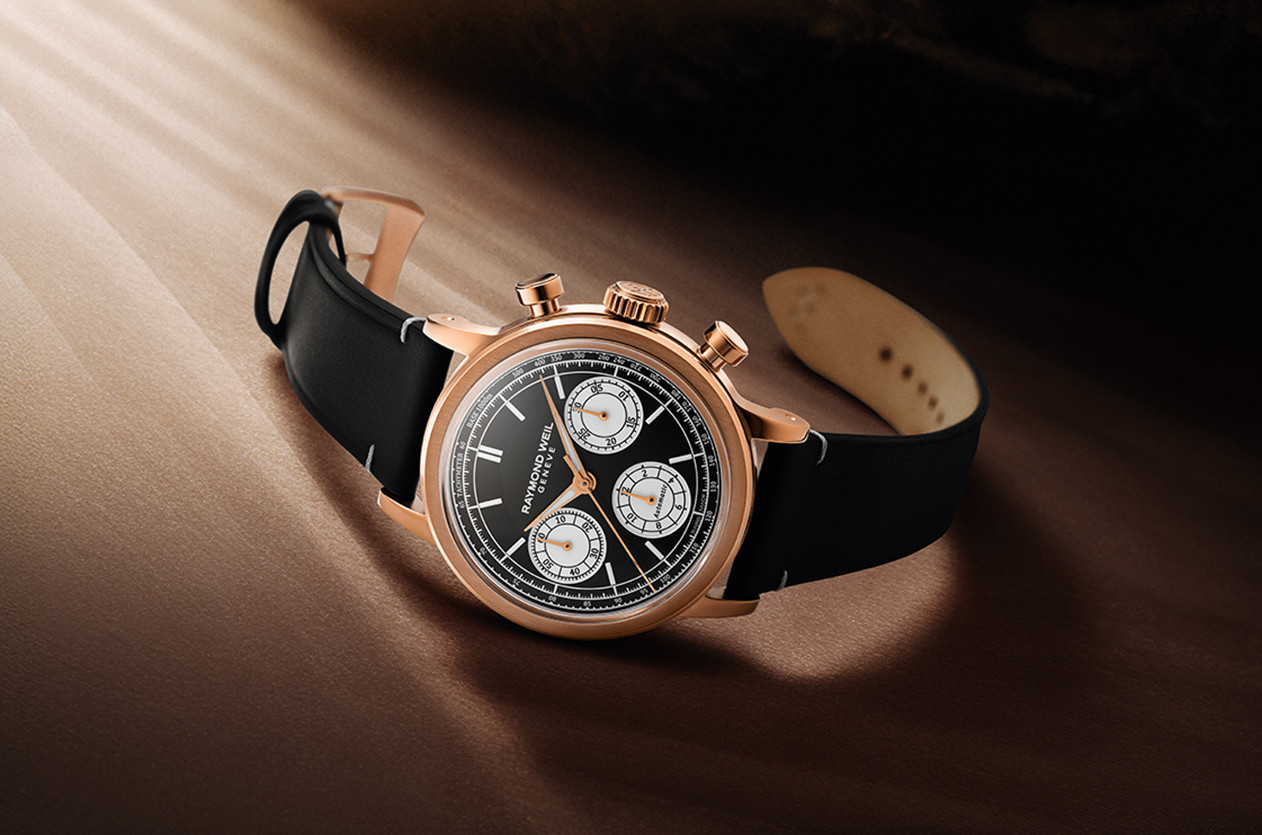
Introducing Raymond Weil Expands the Millésime Chronograph with New 39mm Editions
Welcome to the hub of the horoloy
Plexiglas is a brand name for a type of transparent acrylic plastic. It is commonly used as a substitute for glass due to its clarity, light weight, and impact resistanceIt refers to a transparent acrylic plastic that can be used as a substitute for glass in watch crystals or as a component of watch bands or cases. The use of Plexiglas in watches can offer advantages such as impact resistance, lightweight construction, and design flexibility.
Plexiglas is made from polymethyl methacrylate (PMMA), which is a synthetic resin derived from acrylic acid. It is known for its durability, weather resistance, and versatility in various applications.
Plexiglas is often used in industries such as construction, automotive, aerospace, and design. It is used for windows, skylights, signage, display cases, and protective barriers. The material's transparency and optical clarity make it popular for these purposes.
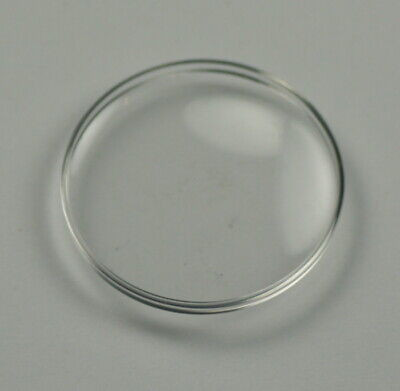
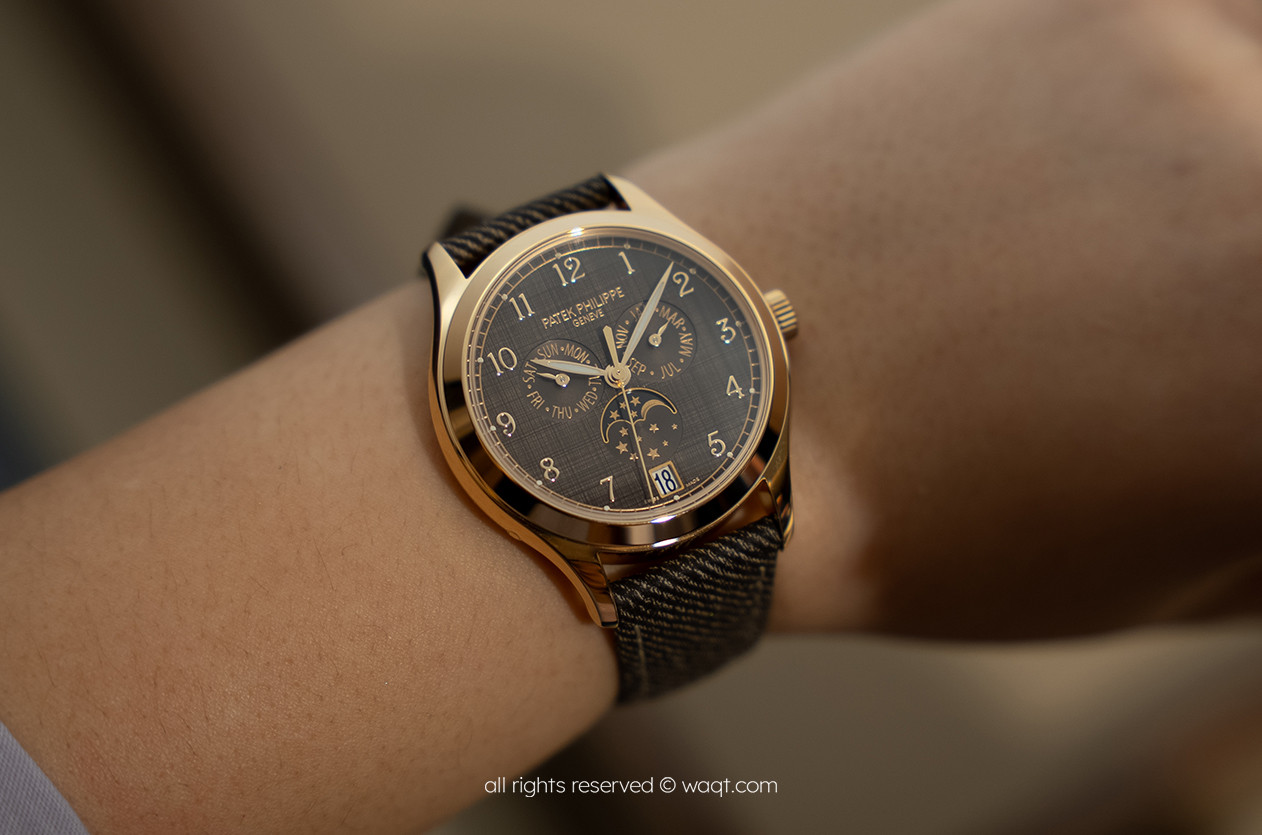
First Look The New Patek Philippe Annual Calendar Ref. 4946R

Introducing Bremont Unveils the Terra Nova Jumping Hour
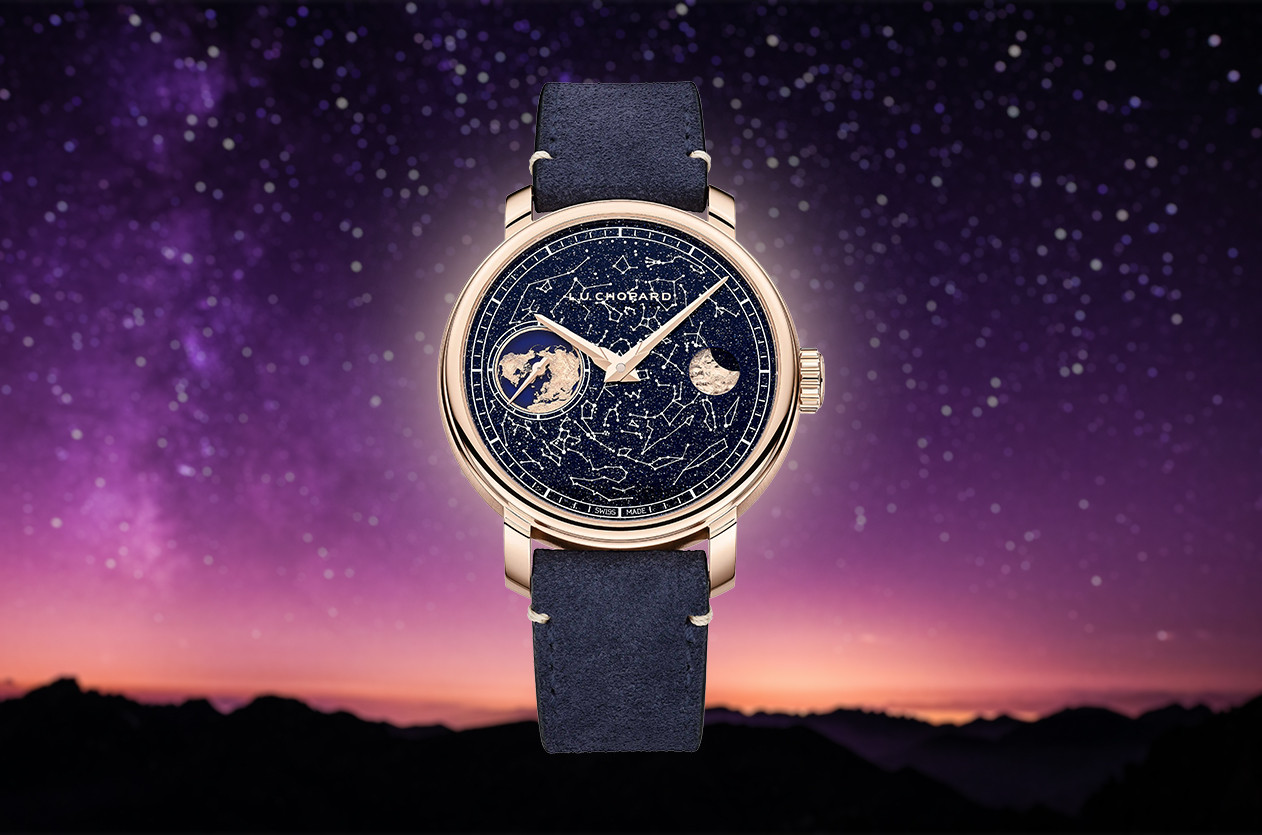
Introducing Chopard Unveils the L.U.C Heritage EHG Moon 122
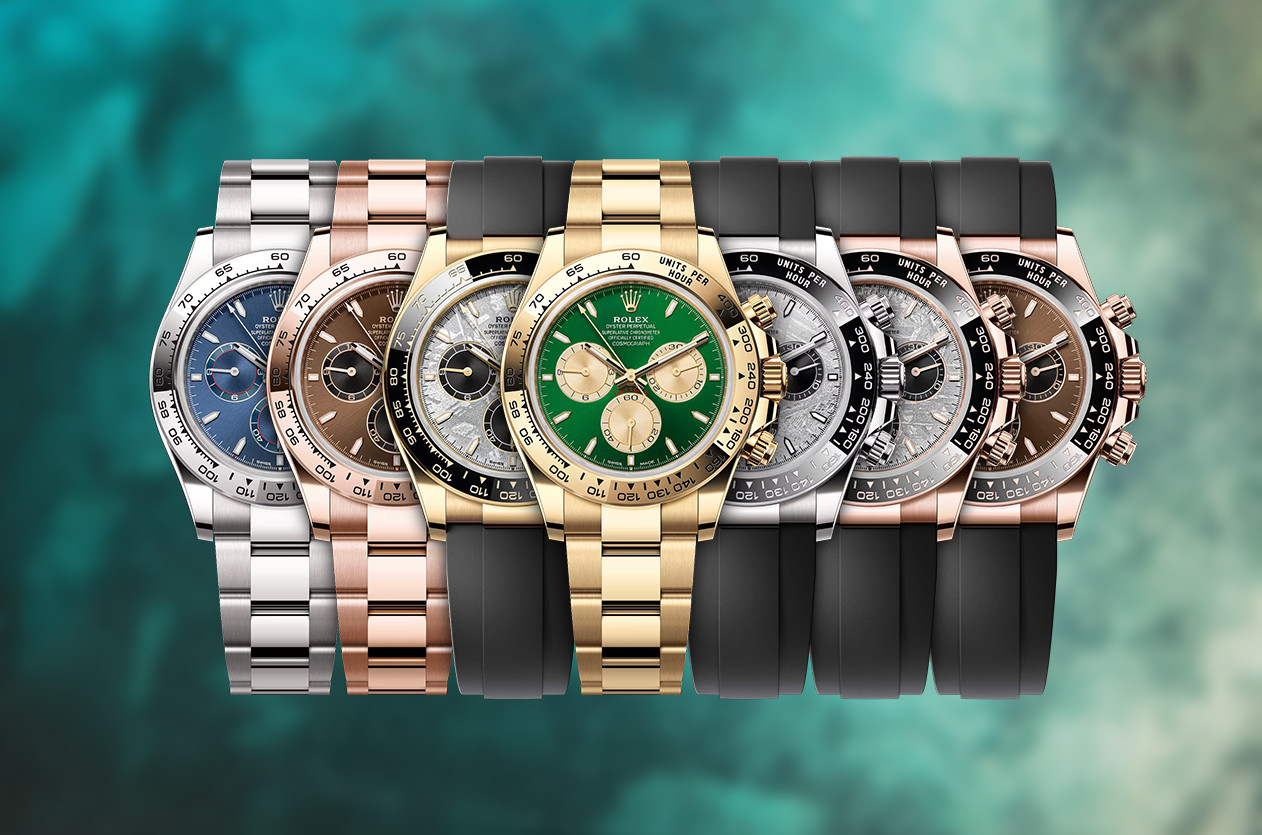
Introducing Without Fanfare, Rolex Expands the Daytona Collection with Seven New Editions
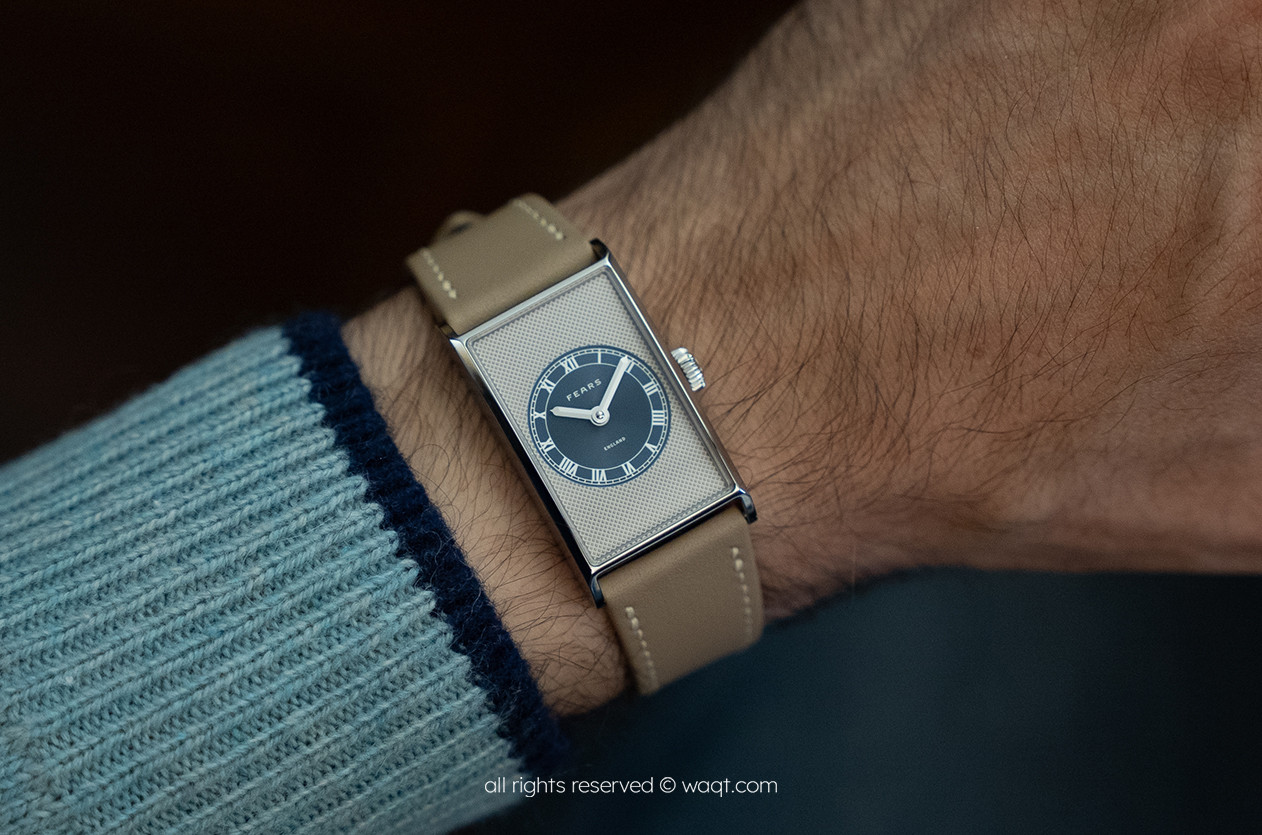
First Look Fears Bristol Unveils the Arnos Pewter Blue
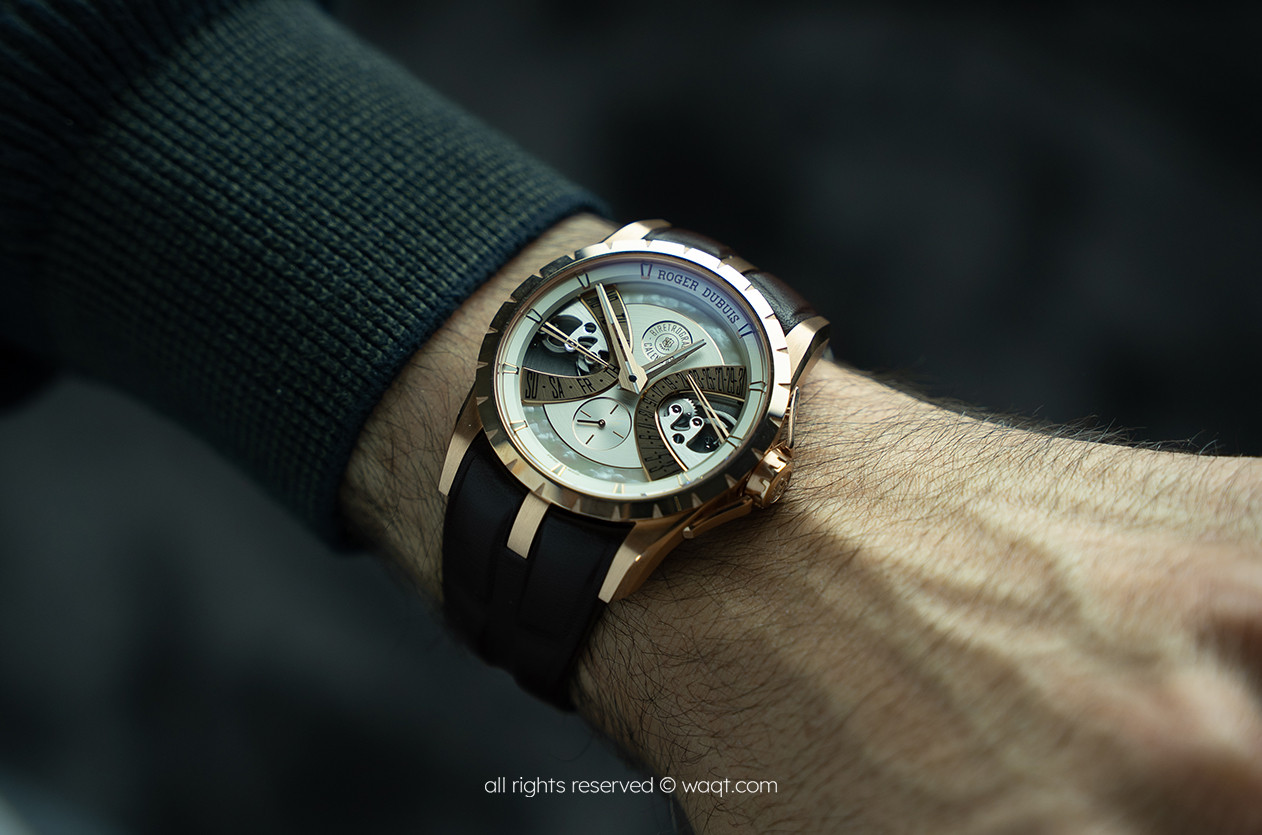
Hands on The Excalibur Bi-Retrograde Calendar by Roger Dubuis